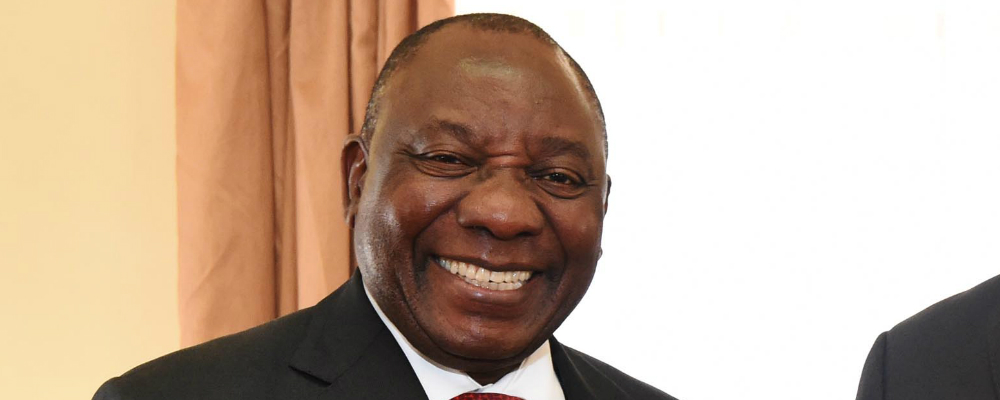Approach of Vital South African Turnaround Budget Midweek Keeps Appetite for Rand Muted, Allowing EUR/ZAR Exchange Rate to Gain
Despite a quiet domestic data calendar for the Eurozone, the EUR/ZAR exchange rate has been able to make mild gains today as markets await the South African budget due later this week from new President Cyril Ramaphosa.
What little Eurozone data was released this morning proved largely unimpressive, with the December current-account surplus falling from an upwardly-revised €35 billion to €29.9 billion on a seasonally-adjusted basis.
Construction output figures for December showed a sharp slowdown in year-on-year output, which weakened from 2.9% to 0.5%.
Euro gains have been curbed by market anticipation ahead of today’s Eurogroup meeting, which will see finance ministers from across the currency bloc giving their opinions on candidates for the role of European Central Bank (ECB) Vice-President.
Support for Spanish candidate – and longest-serving Eurogroup member – Luis de Guindos could interest markets as many believe that, in the interest of balance, the candidate chosen to replace ECB President Mario Draghi in November 2019 would have to come from northern Europe if the Vice-President was from southern Europe.
This would open the door to Jens Wiedmann, who is well known for his hawkish outlook on monetary policy and repeated claims that quantitative easing should be ended and interest rates tightened.
South African Rand Weakens, Allowing EUR/ZAR Exchange Rate Gains, as Markets Eye Wednesday Budget
Although the ousting of controversial President Jacob Zuma has provided a glimmer of hope for South Africa’s political and economic future, markets are under no illusion that the task of getting the nation back on track will be anything other than momentous, which has allowed the EUR/ZAR exchange rate to make gains ahead of Wednesday’s key budget.
Ramaphosa is faced with a revenue gap of ZAR 50.8 billion (€3.5 billion), a widening deficit, sky-high unemployment and the threat of South African government bonds being downgraded to ‘junk’ status by Moody’s; which would make it the third major credit ratings agency to do so.
In order to repair South Africa’s battered economy and depleted government coffers, it is likely that Ramaphosa will have to introduce painful measures and reforms; markets are waiting tensely to see if he has the political clout necessary to win the public around to things such as higher taxes.
Ramaphosa’s spokesman Mayihlome Tshwete stated;
‘The (October budget) built up a very clear honest picture of the economic environment we are in. What people should expect is some repairing type of interventions taken to restore the books of National Treasury.’
‘That means tough decisions have to be taken by government … there is no question we need to address the 50 billion (rand) elephant in the room.’
Eurozone ZEW Survey Results Forecast to Keep EUR/ZAR Exchange Rate Restrained as Markets Brace for South African Budget
Despite Ramaphosa’s first budget drawing closer and no South African data on the calendar, it seems the EUR/ZAR exchange rate could trend flatly tomorrow, given the forecasts for the Eurozone’s key economic data.
There are a few influential pieces of Eurozone data set for release tomorrow, starting with the German producer price index for January; signs of rising input costs for manufacturers may suggest that consumer prices will be subject to greater degrees of inflation further down the line.
The most influential reports tomorrow will be the results of the latest ZEW economic sentiment surveys for Germany and the Eurozone, which are largely forecast to weaken on previous readings.
Eurozone consumer confidence figures for February are set for release mid-afternoon and are, like the ZEW sentiment indices, expected to show that optimism has waned this month.
Altogether, these disappointing results could be sufficient to prevent the Euro from advancing against the South African Rand, even if the latter is still on soft form as markets keep their attention focused on Wednesday’s political announcements.
Header photo courtesy of GovernmentZA on Flickr.



